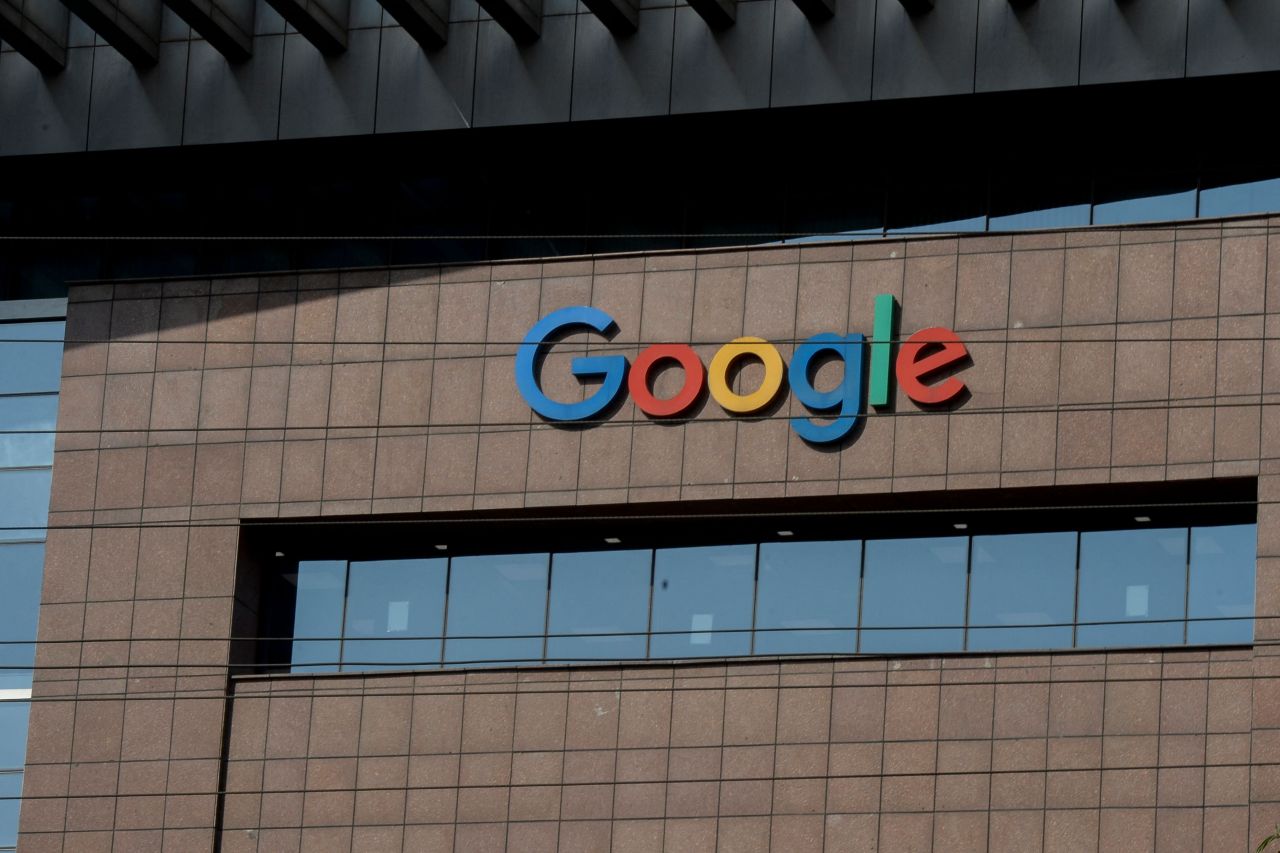In a world increasingly driven by artificial intelligence, Google has been at the forefront, striving to simplify our daily tasks through innovative technologies. However, this journey has not been without its hiccups, one of which is the recent shutdown of Duplex on the Web. Launched with great fanfare in 2019, this AI service aimed to streamline online interactions—from ordering food to booking movie tickets. Yet, only a few years later, Google has decided to pull the plug. What led to this decision, and what does it mean for the future of AI in retail?
Duplex on the Web: A Quick Overview
Duplex on the Web was introduced as an offshoot of Google’s voice technology, Duplex, designed to automate tasks on various online platforms. The initial vision was ambitious; users could command Google Assistant to take actions like booking a car rental or changing a password with minimal effort. With the promise of filling out forms automatically by integrating data from Gmail and Chrome, it seemed like a game changer.
- Automating website navigation for seamless transactions.
- Simple commands triggering complex actions through AI.
- Integration across a limited range of sites and services.
What Went Wrong?
One of the standout features of Duplex on the Web was its ability to work with numerous websites and services. However, as the Google support page indicated, the system relied on a special user agent to crawl and adapt to website functionalities—an endeavor that proved resource-intensive. The result was a delicate balancing act between user satisfaction and technical feasibility.
Some of the issues contributing to its downfall included:
- Limited Adoption: The rollout was sluggish, with only a handful of partner websites supported, leaving users wanting more.
- Brand Hesitance: Brands may have been wary of Google acting as an intermediary, potentially challenging their customer relationships.
- Resource Allocation: With increasing focus on core competencies, Google chose to redirect its investment towards enhancing voice technology, which could yield better returns.
Is This the End for AI in Retail?
While Duplex on the Web’s discontinuation raises questions about the viability of AI in retail, it doesn’t mark the death knell for artificial intelligence in this space. The shutdown serves as a reminder that innovation does not always equate to success. What we can learn from this is the importance of balancing ambition with user needs and market dynamics.
As companies pivot and adapt, we are likely to see new solutions emerging that harness the capabilities of artificial intelligence without the pitfalls that plagued Duplex on the Web. Flexibility in understanding consumer behavior and trends will be paramount as businesses explore ways to enhance the online shopping experience.
Conclusion: Lessons Learned
Google’s decision to shut down Duplex on the Web underscores the challenges of scaling sophisticated AI technologies in consumer-friendly ways. While the original vision of seamless online transactions was compelling, the reality proved much more complex. As we move forward, it is crucial for tech companies to prioritize user experience and adapt to the feedback gathered from early implementations.
At fxis.ai, we believe that such advancements are crucial for the future of AI, as they enable more comprehensive and effective solutions. Our team is continually exploring new methodologies to push the envelope in artificial intelligence, ensuring that our clients benefit from the latest technological innovations.
For more insights, updates, or to collaborate on AI development projects, stay connected with fxis.ai.

